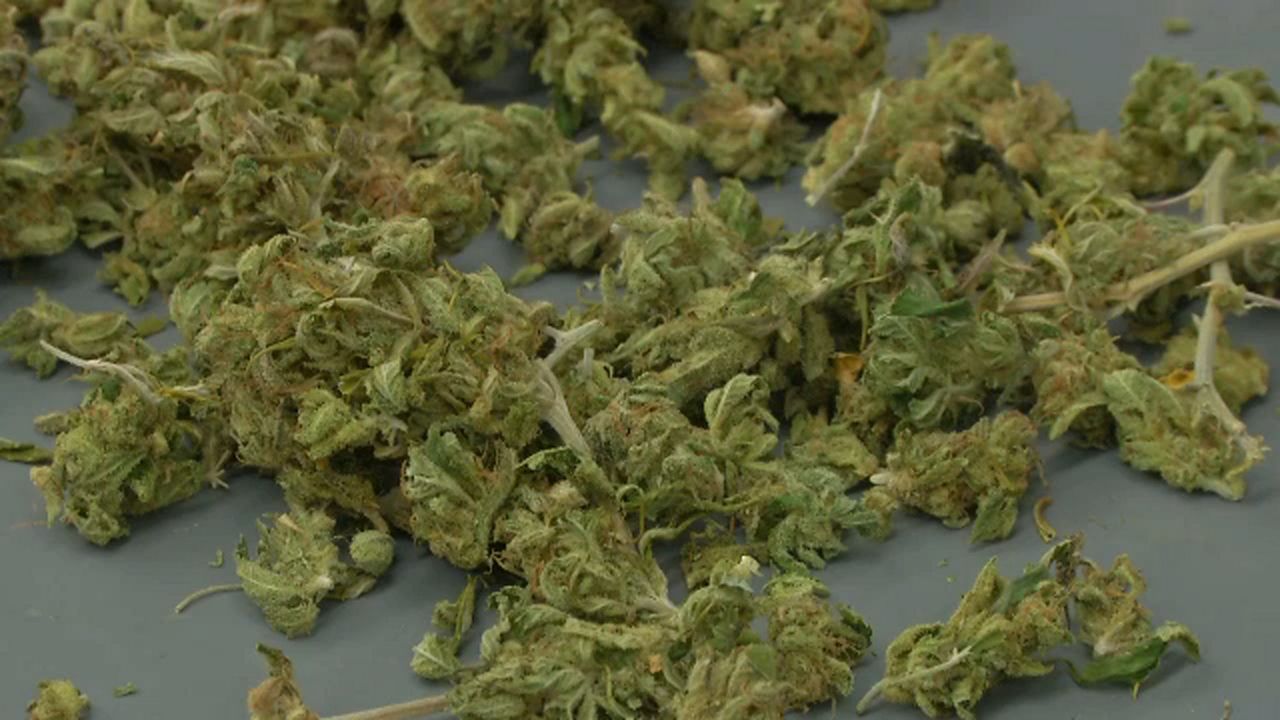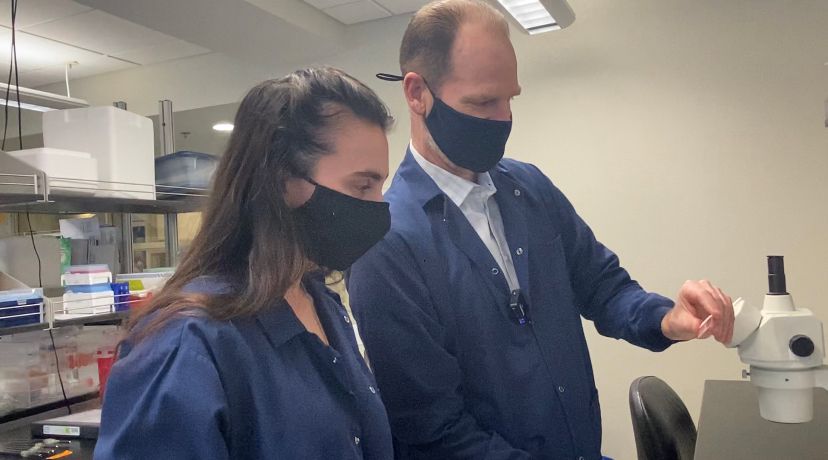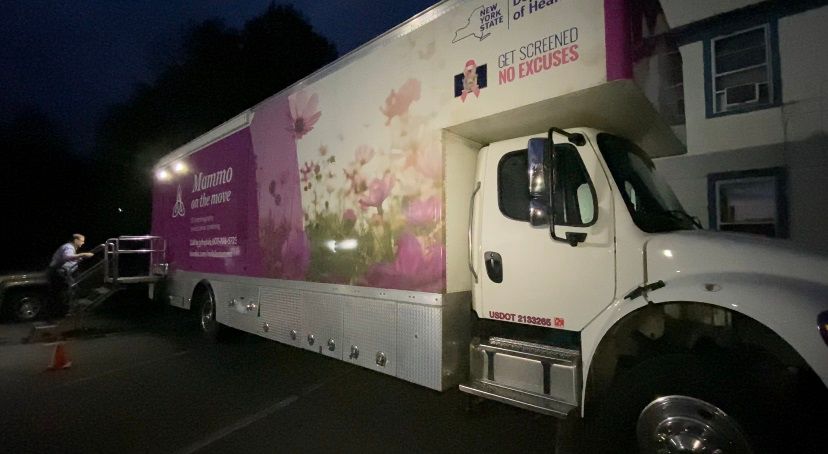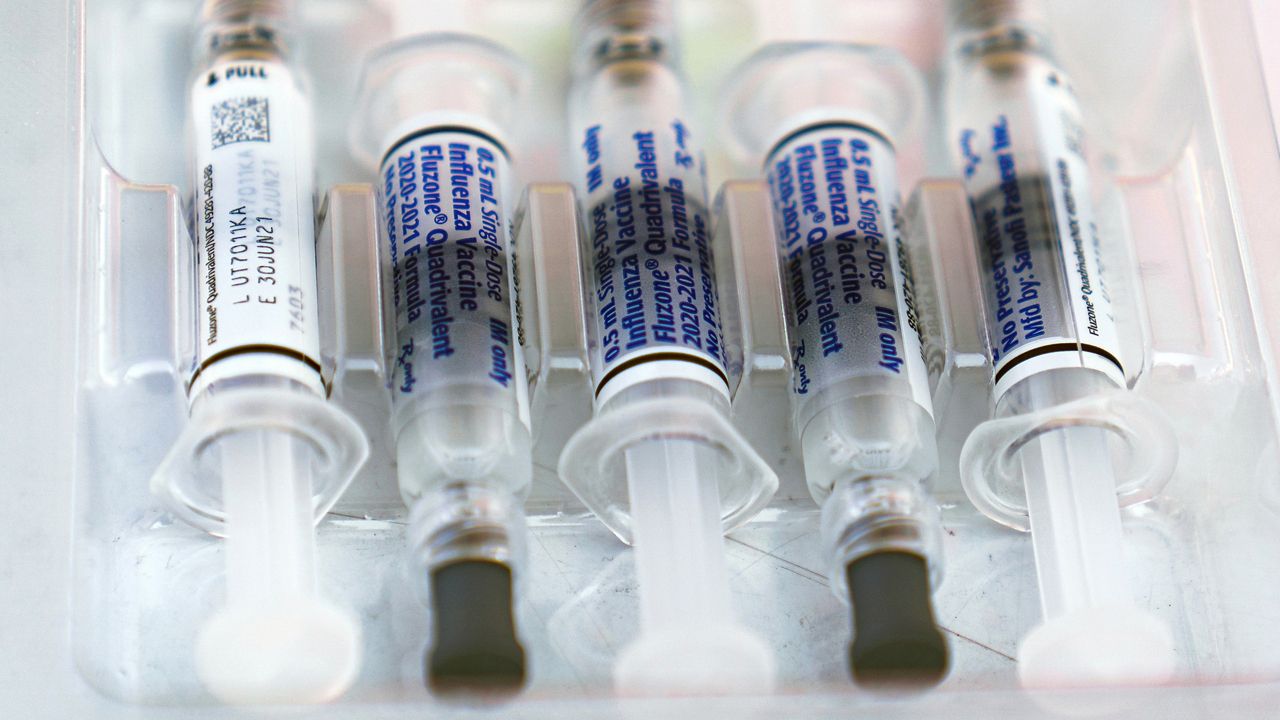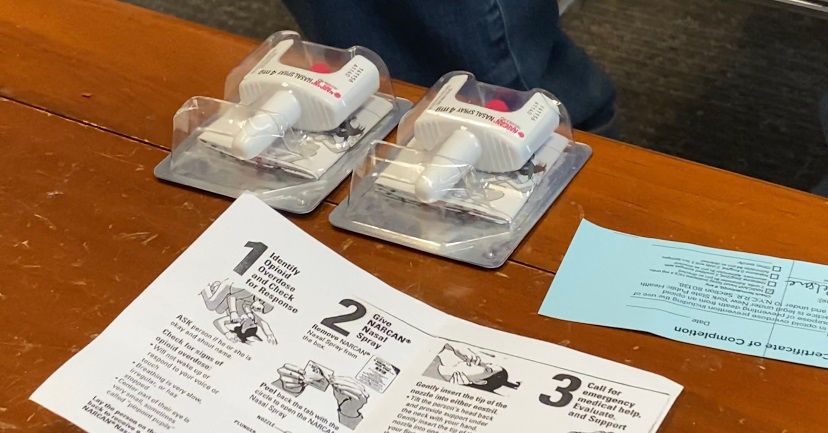Local leaders in the hemp industry are expressing concerns with the USDA's new regulations.
One of their main concerns relates to the way THC will be tested. Currently, farmers are only tested on their delta-9 levels, but new regulations would test what's known as "total potential THC."
As a result, thousands of farmers would fail compliance and be forced to destroy their crops due to federal law.
Growers of the crop say pushing the legal THC levels from .3% to 1% would make their jobs easier, without having a negative impact.
"One percent is reasonable and it's scientific,” said Castetter Sustainability Group CEO Kaelan Castetter. “You're not going to have any of the psychoactive effects from the THC, but you're going to allow these genetics and geneticists to experiment, and raise the CBD levels."
This could lead to cheaper CBD products, as it would allow for more CBD per plant.
Assemblywoman Donna Lupardo says the state plans to appeal the USDA's decision.
"We think it's going to make it difficult for a lot of states that are operating under different testing protocols. This is all about the way THC is tested. I think they probably have gone a little bit too far in their approach," said Lupardo.
Lupardo also recently introduced a bill that would save crops from being destroyed because of high levels of THC.
They would instead be sold in the medical marijuana market.
Hemp-derived CBD sales in the U.S. totaled $240 million last year.





